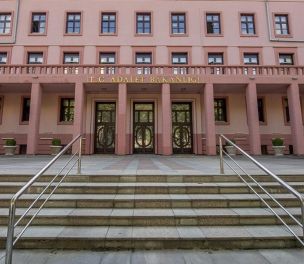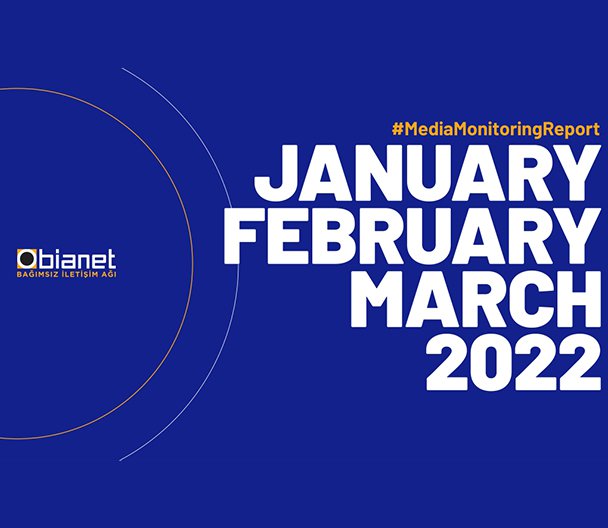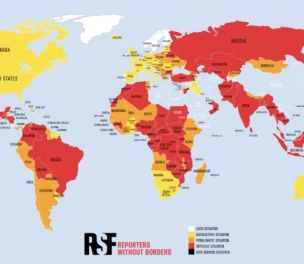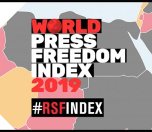Click to read the article in Turkish
Released annually by the Reporters Without Borders (RSF), this year's World Press Freedom Index was released on May 3 World Press Freedom Day. Turkey has ranked 149th in the 180-country list.
Having ranked 153rd in the previous list, Turkey has still fared worse than countries such as Libya, Somalia and Rwanda.
Turkey ranked 98th in the RSF World Press Freedom Index in 1998. Since then, the country has been ranking lower and lower in the list. As a result of intense pressure and crackdown on journalism, Turkey ranked 138th in 2010, 149th in 2015 and 154th in 2020.
In this year's list, Norway, Denmark and Sweden are the top three countries. The worst three are Iran, Eritrea and North Korea respectively.
While Estonia (4) and Lithuania (9) have ranked in the top 10, the Netherlands has ranked 28th, thereby ranking no longer among the top. In Europe, the worst ranking has been occupied by Greece (108). In the previous index, it was Bulgaria, which now ranks 91st.
The situation is classified as "very bad" in 28 countries in this year's index while 12 countries, including Belarus (153) and Russia (155), are on the Index's red list (indicating "very bad" press freedom situations) on the map. Turkey's situation is classified as "bad" along with 42 others.
While the situation is found "satisfactory" in 40 countries of the world, only eight countries are in a "good" situation, according to the RSF.
Civil society has shouldered Turkey's ranking
Commenting on Turkey, the RSF has noted that Turkey has ranked better by four rankings thanks to the struggle waged by the civil society movement against the pressure targeting the country's media.
The RSF has shared the following comments on Turkey:
"In Turkey (149th), the 'hyper-presidency' of Recep Tayyip Erdogan and his authoritarianism are accompanied by a denial of freedom of the press and interference in the judicial system.
"Even if the courts tend to imprison when Erdogan demands it, some judges have recently come out against 'this repression that goes too far': journalists have been acquitted of abusive charges such as 'insulting the president', 'belonging to a terrorist organisation', or 'propaganda'. Judicial review now takes precedence over the imprisonment of journalists.
"In July 2021, for the first time since the state of emergency was declared, journalists mounted a massive protest over the brutal arrest of AFP photo-journalist Bülent Kiliç.
"Over a two-year period, two journalists were murdered in Turkey:
"Güngor Arslan, editor-in-chief of Ses Kocaeli, on 19 February 2022, and Hazim Özsu, presenter of a programme on Radio Rahmet FM, gunned down in Bursa in March 2021 by one of his listeners. The alleged murderer was arrested six days later."
Click here for detailed information on Turkey
Click here for the RSF World Press Freedom Index
(HA/SD)





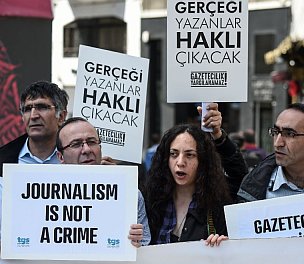
sa.jpg)
